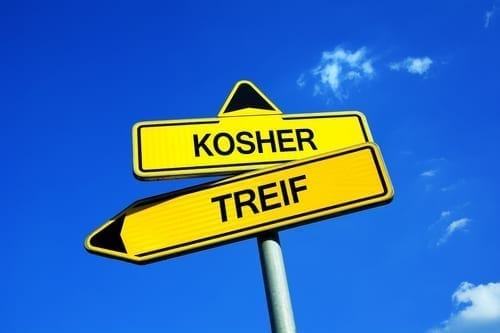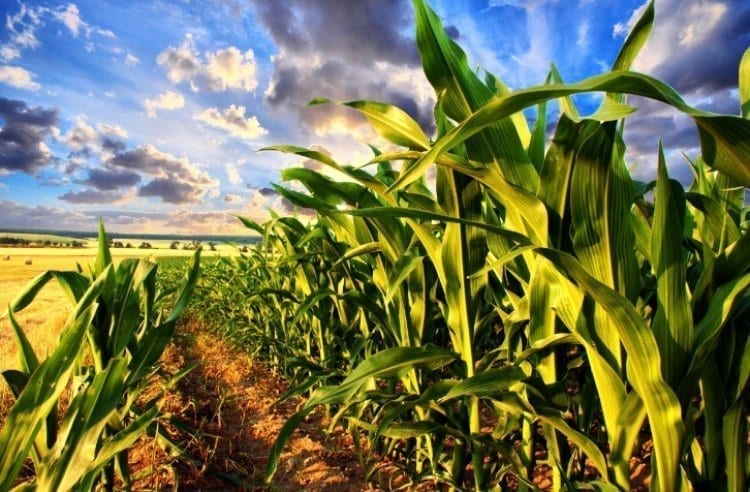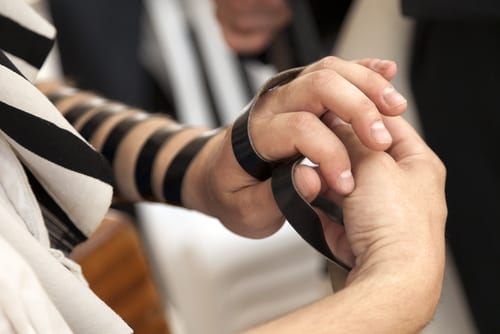We are now only a few weeks into shemittah, but I can already see that it is changing our approach to food. My children have absorbed the idea that our vegetables are holy (even though my daughter rolls her eyes when I excitedly tell her that the lettuce is holy, and isn’t that so special!), and warn each other to finish every piece of cucumber they take, because it’s holy. We all have to think harder about the food we eat, the food we buy, and most of all, the food we waste. Although we can wrap leftover shemittah produce and leave it to rot, it’s best to eat and enjoy it, since the food is holy. Certainly we should be careful not to waste it. (One can avoid this by only buying nonshemittah produce, such as imported items,produce grown by non-Jews within Israel, or using a heter mechirah*. But we are excited to fulfill this mitzvah, which our ancestors were denied for so many years, so we try to buy holy shemittah produce.)
I shop more carefully, since if I buy too much holy produce, it might start spoiling before we can eat it all. I plan meals differently, too. Carrots are not yet holy, but cucumbers, tomatoes and peppers are. We really need to finish off the cucumbers and tomatoes, which are getting overripe, so let’s not put out any carrots this time. My husband warns me to be careful when cutting off the stems of holy vegetables like eggplant and zucchini, so as not to cut off more of the edible vegetable than necessary. Shabbat lunchtime. We warn our guests: “The tomatoes, peppers and lettuce are holy. And the chickpea salad has holy tomatoes in it. So please don’t take more than you’re sure that you’ll eat, so as not to waste it.” As a Jewish mother, it totally goes against the grain to ask my guests not to take too much food! I sweep the floor after lunch, and notice a piece of lettuce along with the dust and dirt.
I pick it up carefully and put it into the shemittah can. It’s food, and holy food at that. We can’t just throw it out with the dust. Did I have this sensitivity to leftover food before shemittah began? No, I’m afraid I did not. My son ate half a holy banana yesterday, and then didn’t want any more (Isn’t it great when small children do that?!). I told him that it’s a holy banana—he can’t just throw it out. He looked at me for a moment, and then decided that perhaps he could manage to finish it. Holy food mustn’t be wasted. I hope that we can maintain this sensitivity beyond the end of the shemittah year.
*Note: Opinion is divided about heter mechirah. According to this psak, accepted by many rabbis, a Jew can sell his land to a nonJew before the shemittah year begins, and the land can then be worked and the crops tended, raised and sold like any regular non-holy produce. However, according to those rabbis who do not accept heter mechirah, the farmers who use this psak are violating the shemittah year by working their land. Consumers who don’t hold by heter mechirah cannot purchase such produce, but if they do, they should treat it as holy produce. (This is a very condensed overview of a complicated and often politicallycharged issue. Please consult a competent halachic authority for a fuller explanation.) Any halachic rulings or opinions mentioned in this column are only my own understanding of the halachos of shemittah, or else specific rulings given by our rabbi for our particular case and should not be extrapolated as general rulings. Please refer to your own competent halachic authority, or a reliable and reputable shemittah guide, for the halachos of shemittah.





